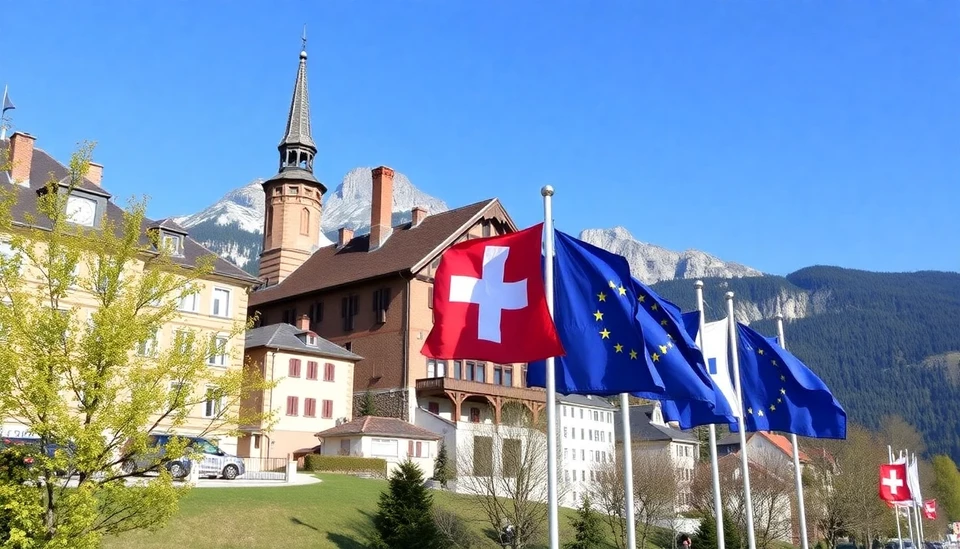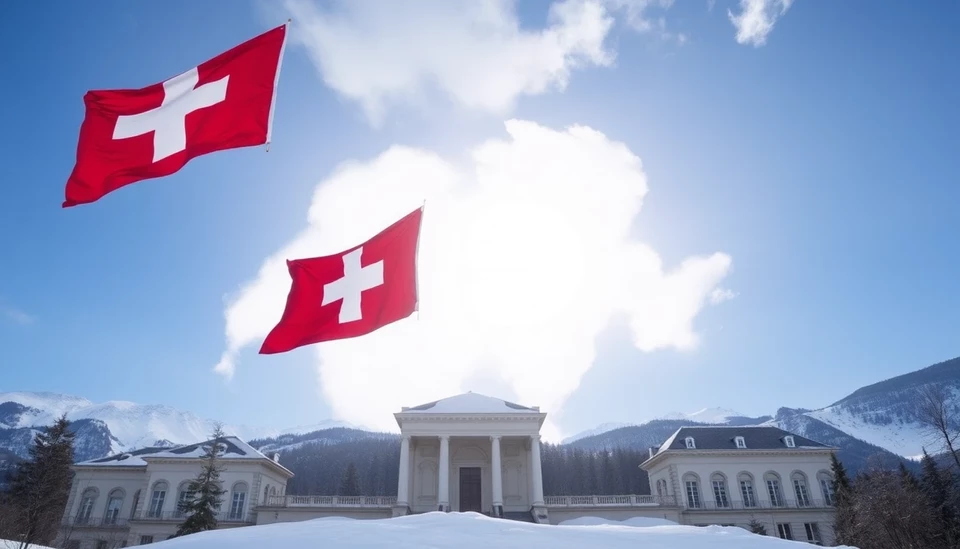
As negotiations between Switzerland and the European Union progress, Swiss officials have confirmed that discussions will persist, aimed at solidifying a series of partnership agreements before the end of the year. This development comes as the existing framework for bilateral relations faces increasing pressures, prompting leaders on both sides to emphasize the necessity for a renewed contract that better delineates their increasingly complex interactions.
The negotiations take place under a backdrop marked by significant political shifts within the European Union, particularly in light of various crises affecting the bloc. As EU leaders grapple with internal divisions and external challenges, Switzerland finds itself navigating its own domestic political climate, which is also influencing its diplomatic strategies.
Swiss negotiators are particularly focused on ensuring that any new agreements they reach will protect the country’s interests, notably concerning labor regulations and migration policies. Concerns have been raised over Switzerland's position regarding the free movement of people, which many Swiss citizens feel poses risks to local job markets. Amid this, the government is keen to maintain access to the EU's single market, a critical factor for the Swiss economy.
On the EU’s part, there is an acute desire to resolve lingering disputes regarding trade relations, specifically in areas such as agriculture and services. The bloc is eager to create a smoother regulatory framework that would facilitate trade and reduce bureaucratic hurdles. Both sides are also aware that the risk of turning away from cooperative arrangements could lead to a potential economic and political fallout.
As the discussions unfold, the spotlight remains on the timeline; officials on both ends have acknowledged the urgency to reach a consensus by year-end. This deadline creates a sense of pressure that may either incentivize compromises or expose fissures that could lead negotiations to stall. While optimism pervades some corners, skepticism lingers, especially as previous attempts to solidify an overarching agreement have met with difficulty due to varied national interests.
In a recent statement, a spokesperson for Switzerland’s government reiterated their commitment to constructive dialogue, indicating readiness to explore innovative solutions that can benefit both parties. Meanwhile, EU representatives maintain a stance that prioritizes unity and collective agreement among member states, which adds an additional layer of complexity to the negotiations.
With the clock ticking, the outcome of these talks remains uncertain. Analysts are keeping a close watch on potential developments, as the ramifications of the negotiations could significantly impact both Swiss economy and European union dynamics. Stakeholders from various sectors are eagerly waiting for clarity as the deadline approaches, hoping for a resolution that fosters stronger ties without compromising essential national interests.
As the discussions progress over the coming weeks, both Switzerland and the EU will need to navigate the intricacies of diplomacy, economic strategy, and political pressures to achieve a successful outcome.
#Switzerland #EU #Diplomacy #Trade #Negotiations #BilateralRelations #EconomicImpact #PoliticalStrategy
Author: Laura Mitchell




